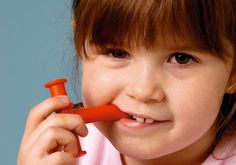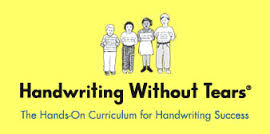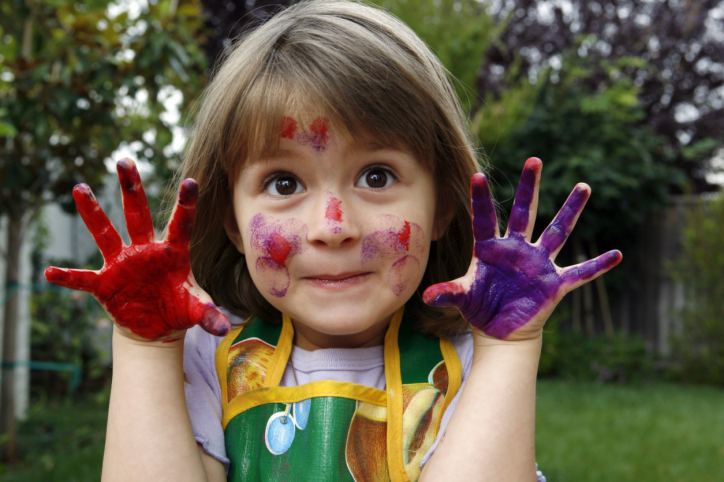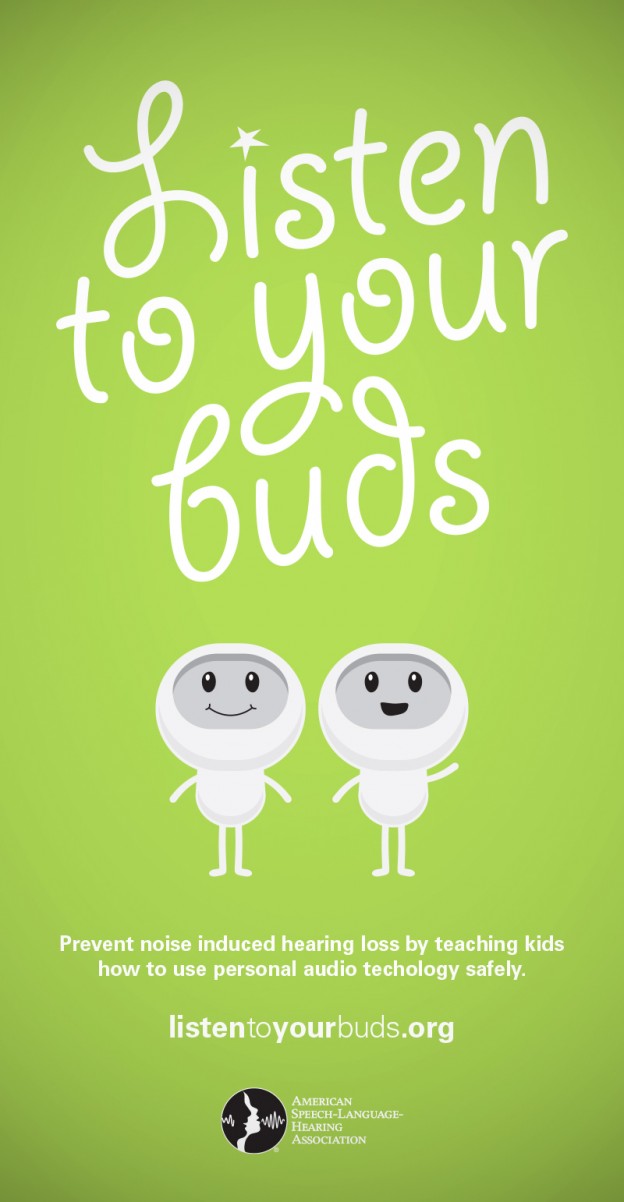





I have a doctorate in clinical psychology with an emphasis on child psychology.
My favorite thing about the Rosenberg Center is our unique multi-disciplinary evaluation approach to assessing children. It ensures that all aspects of a child's development is understood and we can make the best recommendations.
I have worked at the Rosenberg Center almost four years.
In my free time I love being outside with my kids and going new place with them. I also like playing and watching sports.
The scariest thing I have ever done? Hmmm...I don't know. If I am being honest, giving birth comes to mind.
What makes me happy? 1. Dates with my husband 2. Traveling 3. Running 4. Reading 5. A nice glass of red wine and chocolate
My favorite TV show or movie? I rarely watch TV. I love movies, but I can't remember the last one I saw that wasn't for kids!
The last two books I read were Gone Girl by Gillian Flynn and Different Dream Parenting by Jolene Philo.
The one food I could eat forever is pizza, but I'd also really like a DQ blizzard to go with it!
If I could fly anywhere in the world I say island hopping around Hawaii sounds pretty great.
The best advice I have is "Do your best, leave the rest."
Most people don't know that I speak Spanish, although more and more I get the "use it or lose it" principle.
Frequently Asked Questions
Who is eligible to participate in this program?
This program is designed for parents of young children with developmental disabilities and for adults with disabilities.
What is the time commitment required of those who are chosen to participate in this program?
Participants are required to attend eight weekend sessions (September through May with no session in December). The sessions run from 11:00 a.m. to 9:00 p.m. on Day One and from 8:30 a.m. to 3:00 p.m. on Day Two. (Note: Sessions are held on Friday and Saturday except in March when the session is held on Sunday and Monday.)
Where are the weekend sessions held?
All the sessions will be held in the Marriott Hotel in Bloomington
Is there a fee to attend this eight-month training?
There is no charge to attend. The cost for those selected to partici-pate is covered in part by a grant from the Department of Health & Human Services, Administration on Developmental Disabilities to the Minnesota Governor’s Council on Developmental Disabilities.
Do I have to pay for my overnight accommodations and travel expenses?
Overnight accommodations are provided for those who drive a distance to attend. Class members are matched and housed in double occupancy rooms. Mileage reimbursement is also available to class members. Refreshment breaks, two lunches and one dinner are provided during each weekend session.
Is there financial assistance available to help pay for respite/child care or personal care attendants?
While the Partners program does not provide on-site services, a reimbursement allowance is provided for those needing assistance.
Is there work to be done between monthly sessions?
After each session a homework assignment, that builds on and supports the topics addressed, must be completed by each class member and turned in at the following session.
Who does the training?
Speakers are local and national subject matter experts or practitioners.
How are class participants selected?
A Review Committee, which includes Partners graduates and representatives from the Governor’s Council on Developmental Disabilities, will select participants based on several criteria. Class size is limited to 40 members.
Why take the class?
Graduates find that they learn how to work effectively with schools, government agencies, and community groups. They can take what they have learned in the program and use it to create better living situations and outcomes for themselves or their children and for their communities as a whole.
What do participants gain?
Information
Inspiration
A powerful network of new friends, supporters, resources, and mentors
Advocacy/Self-Advocacy, leadership, and communication skills
Knowledge about how government works, rights for people with disabilities, how to connect with and be heard by legislators, how to work with other individuals and organizations to create change
How and when do I apply to the program?
Adults with disabilities and parents of children with disabilities are eligible to apply. Applications are available on this website in a printable or online format. They can also be received each year by request to Carol Schoeneck, GTS, via email (cschoeneck@mngts.org ) or phone (metro: 651-223-5307, non-metro: 800-569-6878, ext. 205). Applications are accepted May-mid-July. Accepted applicants will be informed in August. The program runs from September-May each year.
What does Partners in Policymaking require from participants?
Partners is a commitment to attend eight weekend sessions, practice new skills in a comfortable and safe environment, build a network of people from diverse cultural backgrounds and life experiences, and learn from national experts who share a vision and values. Participants commit to attending all eight two-day sessions (usually on Friday and Saturdays), being active class participants, behaving respectfully, and doing monthly homework.
Do people find this program worthwhile?
More than 850 people have participated in this program. Many report that it has changed their lives and/or the lives of their children.
Also look for Partners in Policymaking youtube videos, talk to a Partners in Policymaking graduate (call the GTS office at 651-223-5307 if you don’t know one and we will connect you to one), and look through the information on this site. We hope that, if Partners is a good fit for you, we will see your application in the next batch and get to know you in the years ahead.
Parent Self-Care:
Let’s be honest, parenting is one of the toughest jobs there is! Of course it’s fun and rewarding, yet it can be tiring, patience-testing, and downright stressful. Research continually indicates that parent health is associated with positive child adjustment and wellbeing. This is one of the many reasons it is important for parents to balance their children’s needs with their own. Here are just a few ways to engage in self-care.
Exercise: run, yoga class, bike, walk, better yet exercise with a friend
Read something pleasurable: a book, magazine, newspaper
Join a club: book club, cooking club, parent club
Go on dates with spouse/significant other
Spend time with friends
Connect with other adults or parents
Laugh, find humor in daily life
Meet spiritual needs
Sleep/nap
Have a few trusted babysitters on hand
Swap babysitting with a parent in your neighborhood
Watch or go to a movie
Go out for coffee or a meal
Spend time outdoors or in natural light
Get a massage, pedicure/manicure, or facial
Eat a well-balanced diet and enjoy a treat
Keep up with routine medical care
Journal
Keep up hobbies or learn something new
Apps we are loving right now:
· Furry Friend by Plutinosoft. This is a furry little monster that repeats words. He also responds to any vocalizations or words. Great for children who are just beginning to make sounds and use words.
· All the apps by Kindergarten.com are really great for practicing skills at home. They are based in Applied Behavioral Analysis (ABA) intervention and teach great skills like noun recognition, learning sight words and early problem solving.
· Apps from Talk Time Pediatric Speech Academy can be a bit pricey, but they offer quality apps that really focus on key areas such as answering yes/no questions and using verb phrases.
· Super Duper Inc. is a company that has been in the business of supplying speech therapists with therapy materials for almost 30 years. They know speech and they have expanded into occupational therapy. Their apps are specific, inexpensive and reliable.
· Alligator apps offer quite a few free apps working on things like identifying emotions and concepts. They are pretty limited, but can be useful for reinforcing skills that have been already learned.
· Voice Meter Lite by Dragon Fly apps. If you know a kid who struggles with volume, either too soft or too loud, this app is the best! It is free and works like a charm. Love it.
· Giggle Up apps have some great apps. You need to be a bit selective. We really like the jigsaw puzzle apps for reinforcement
· “Cookie Calls” is an app by Sesame Street. It is like having a Face Time call with Cookie Monster. Little ones love it!
· Speech Sound on Cue for iPad teaches initial word sounds with visual and verbal cues. We’ve used this with kids who are stuck trying to get certain sounds. It is also good for kids who have poor eye contact but are drawn to a screen.
· Pea Pod Labs have some nice apps for labeling nouns and verbs.
We are always learning about new apps and new materials to keep kids engaged and learning. Give us a call for more information at 651-636-4155.
Every few weeks we would like to share a post to let you get to know the staff at the Rosenberg Center a little bit better. This week, we want to introduce you to Amy Tannahill, APRN, CNP and an owner at Rosenberg Center
Would you share a little about your education and professional background?
I did both my undergraduate work and graduate work at the University of MN. If you are confused by the letters behind my name, mystery solved: Advanced Practice Registered Nurse, Certified Nurse Practitioner.
What do you love most about the Rosenberg Center?
What’s NOT to LOVE?! I love following my patients through their childhood and into adolescence; watching them grow, change and succeed. I adore every person who works at the Rosenberg Center as well and many of them have become my good friends.
How long have you worked at the Rosenberg Center?
It’s been almost 6 years! I started the business with my three business partners and we’ve worked hard to keep it growing since then.
When you have a few free minutes what hobbies do you enjoy?
I love warm weather and water. Summers in Minnesota are spent doing some boating on the river and my winters are spent visiting a place or two that have sunshine and ocean waves.
What’s one of the scariest things you’ve ever done?
I went snorkeling with Tarpon that were bigger than me. It wasn’t so scary at the time, but now thinking back on it, I wondering what in the world I was thinking.
Let’s move in the opposite direction and find out what makes you happy?
Vacations, my kids (most of the time!), a really good book and my feet in sand. All of those things at the same time=pure happiness.
This is where we really start to get to know you. What is your favorite TV show or Movie?
This is embarrassing: Right now, it’s American Ninja Warrior. My favorite movie: It’s probably a tie between Bridges of Madison County and The Little Mermaid.
What were the last two books you read?
“The Rosie Project” by Graeme Simsion and “Midnight on the Moon” (Magic Treehouse Series) by Mary Pope Osborne.
If you could eat one food for the rest of your life without getting sick of it, what would it be?
I’d probably go with a turkey and cheese sandwich.
If you could hop on a plane today and fly anywhere in the world, where would you go?
Australia’s Barrier Reef.
What is the best advice anyone has ever given you?
Work hard, play hard.
Do you have a favorite quote to share with us?
“Today you are You, that is truer than true. There is no one alive that is Youer than You.” Dr Suess
What’s something most people don’t know about you?
I’m practically blind without contact lenses and almost no one has seen me in glasses.
Contact Us
Phone: 651-636-4155
Fax: 651-636-3595
Office Hours: M-F 8:00 am-5:00 pm
Email: information@rosenbergcenter.com
